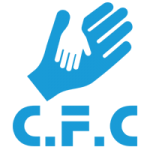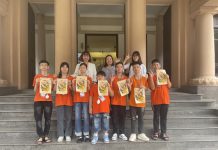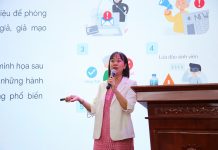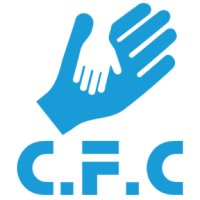With the permission of UNICEF Vietnam, CFC would like to introduce some definitions of common terms used in the AVR Project, which CFC will use when introducing ongoing CFC activities to further promote these skills in the the younger generation of Vietnam more widely.
Digital Literacy
Digital Literacy refers to the knowledge, skills, and attitudes that allow children to be both safe and empowered in an increasingly digital world. This encompasses their play, participation, socializing, searching, and learning through digital technologies. What constitutes digital literacy will vary according to children’s age, local culture, and context.
Digital Skills
Digital Skills focus on “what” and “how” (whereas digital literacy focuses on “why,” “when,” “who,” and “for whom.”) It is about specific skills often linked to a specific tool or program. Courses on skill development are often short.
Transferable Skills (also known as life skills, 21st century skills, soft skills, or socio-emotional skills)
This includes higher order cognitive and non-cognitive skills such as problem solving, collaboration, creativity, managing emotions, empathy, and communication that allow children and young people to become agile, adaptive learners and citizens equipped to navigate personal, academic, social, and economic challenges. Transferable skills work alongside knowledge and values to connect, reinforce, and develop other skills and build further knowledge.
Job Specific Skills (also known as technical and vocational skills)
Skills associated with one or more occupations, which could have specific or broad applications.








